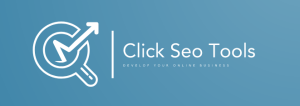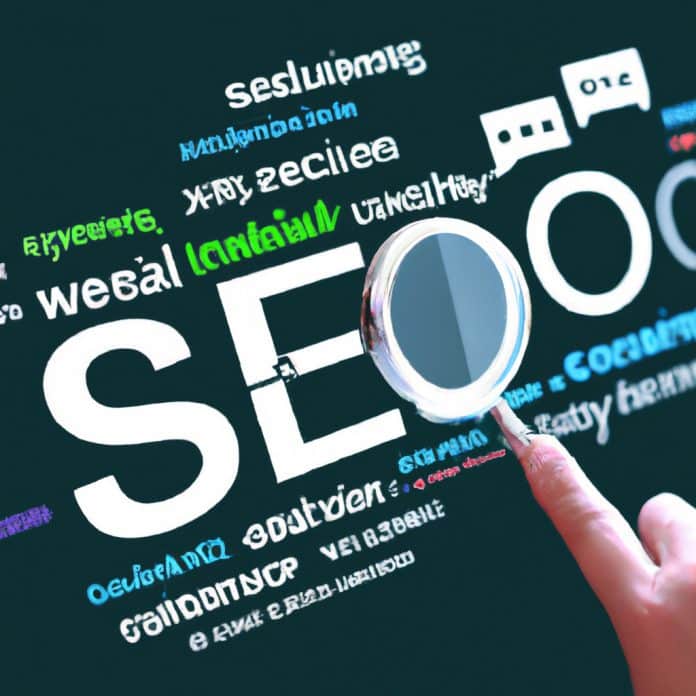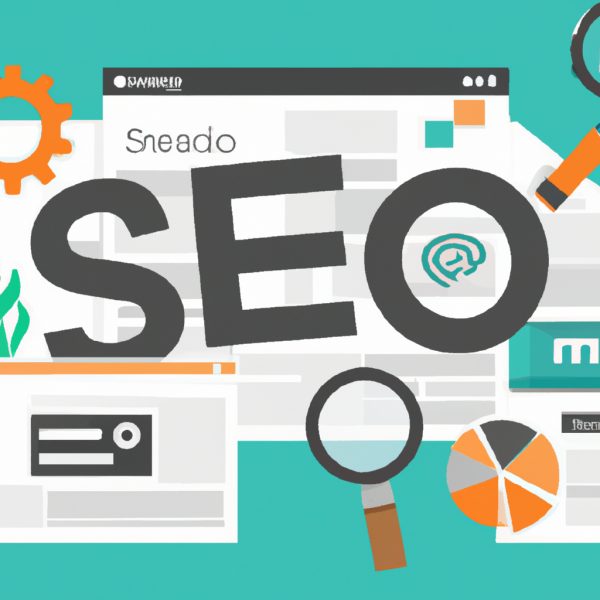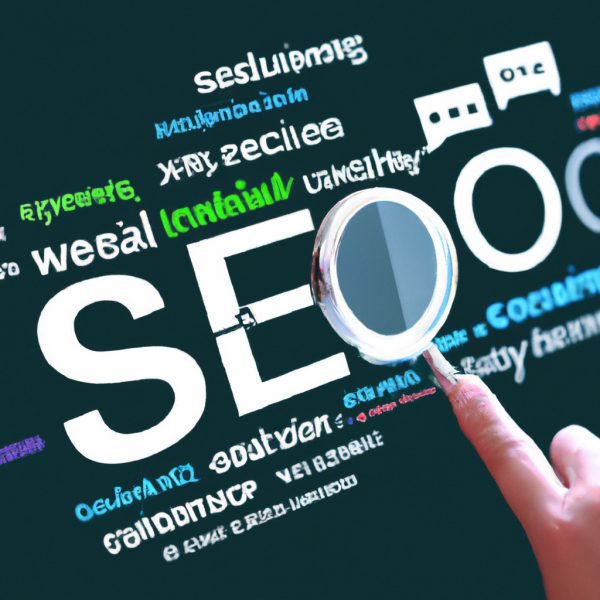We can all agree that having a well-optimized webpage is crucial in today’s digital landscape. But what exactly are the key components that make a webpage stand out and perform at its best? In this article, we will explore the essential elements that contribute to a well-optimized webpage, from responsive design and fast loading times to relevant keywords and high-quality content. By understanding and implementing these key components, you can ensure that your webpage not only attracts visitors but also delivers a seamless user experience that keeps them coming back for more. So, let’s dive in and uncover the secrets to a truly optimized webpage!
Importance of a descriptive title tag
The title tag of a webpage plays a crucial role in search engine optimization (SEO) and user experience. It is the first thing that appears on search engine results pages (SERPs) and also serves as the title displayed in browser tabs. A descriptive title tag provides a concise summary of what the page is about, allowing both search engines and users to quickly understand the content.
When creating a title tag, it is important to include relevant keywords that accurately describe the webpage’s content. These keywords should align with the search terms users are likely to use when looking for information related to the page’s topic. By including targeted keywords in the title tag, it becomes more likely that the webpage will rank higher in search results for those specific keywords.
Optimal length of a title tag
The length of a title tag is also crucial in terms of SEO and user experience. Search engines generally display the first 50-60 characters of a title tag, so it is important to keep the title concise and meaningful within that limit. If the title tag is too long, search engines may truncate it, resulting in a less impactful and less informative title.
While it is important to keep the title tag within the recommended character limit, it is equally important to ensure that the title remains descriptive and relevant. Striking the right balance between brevity and informativeness is key to capturing users’ attention and encouraging them to click on the webpage.
Including relevant keywords in the title tag
Including relevant keywords in the title tag is crucial for both SEO and user experience. Search engines use keywords in the title tag to determine the relevance of a webpage to a user’s search query. By optimizing the title tag with targeted keywords, webmasters can improve the chances of their webpage ranking higher in search results for those keywords.
However, it is important to use keywords in a natural and authentic manner. Overstuffing the title tag with too many keywords can be seen as spammy by search engines and may negatively impact rankings. The key is to use relevant keywords that accurately describe the webpage’s content while still maintaining readability and coherence.
Effective use of meta description
The meta description is a short summary of the webpage’s content that appears below the title tag on SERPs. While it does not directly impact search engine rankings, it plays a crucial role in attracting users and encouraging them to click through to the webpage.
An effective meta description provides a concise and compelling summary of the webpage’s content. It should accurately represent the information users can expect to find on the page and entice them to click. By carefully crafting a well-written meta description that highlights the unique selling points of the webpage, webmasters can increase click-through rates and drive organic traffic to their site.
Appropriate length of meta description
Similar to title tags, meta descriptions have a recommended character limit. While search engines may display meta descriptions of varying lengths, it is generally advisable to keep them within the range of 150-160 characters. This ensures that the meta description is fully displayed on SERPs and provides users with a clear understanding of the page’s content.
Writing concise yet informative meta descriptions can be challenging, but it is well worth the effort. By carefully selecting the most important points and using persuasive language, webmasters can create meta descriptions that effectively communicate the value of their webpage and entice users to click through.
Including targeted keywords in meta description
Although meta descriptions do not directly impact search engine rankings, including targeted keywords in them can still be beneficial. When a user searches for specific keywords, those keywords are often bolded in the meta description, catching the user’s attention and indicating that the webpage is relevant to their search query.
By strategically including targeted keywords in the meta description, webmasters can increase the likelihood of their webpage standing out among the search results. However, it is important to ensure that the use of keywords in the meta description remains natural and flows well with the overall content. Keyword stuffing should be avoided at all costs, as it can diminish the user experience and potentially have a negative impact on rankings.




























